The Era of Universal Intelligent Driving Has Arrived! Domestic Intelligent Driving Suppliers to Comprehensively Benefit
![]() 03/05 2025
03/05 2025
![]() 525
525
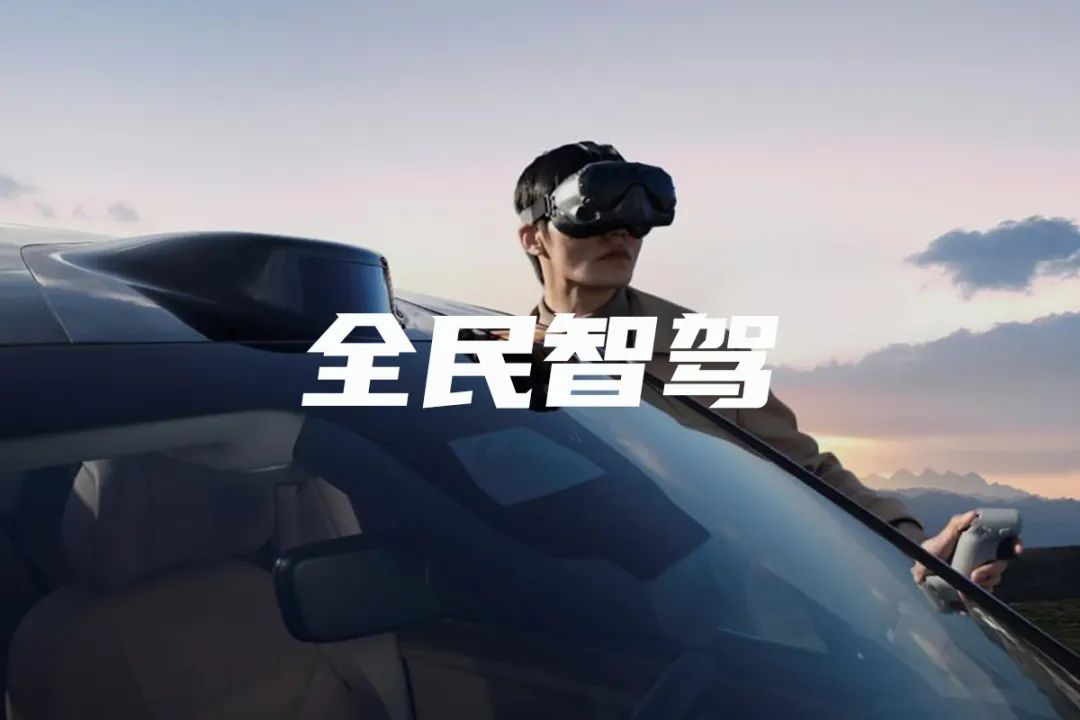
Entering 2025, multiple automakers have announced significant upgrades to their intelligent driving solutions.
On February 9, Changan Automobile unveiled its "Beidou Tianshu 2.0" plan, stating that from 2025 onward, it will focus solely on intelligent automotive products.
On February 10, BYD held an intelligent strategy conference, officially launching the Tian Shen Zhi Yan technology matrix.
On February 28, Li Auto announced that the Li One series and Li MEGA would launch "Intelligent Driving Renewed Editions" in May, featuring standard LiDAR technology.
On March 3, Geely held a conference on its all-domain AI intelligence strategy, introducing a unified intelligent driving solution, Qian Li Hao Han...
The long-awaited first year of advanced intelligent driving has finally arrived in 2025.
01
BYD Ignites the Spark: Intelligent Driving Reaches 100,000-yuan Models
Looking back, the journey of advanced intelligent driving began with new automotive players like Tesla, NIO, and Xpeng. With Huawei's entry into the scene, advanced intelligent driving started empowering more brands. However, it was largely confined to high-end models, failing to penetrate the mass market.
Starting in 2024, automakers began advocating for the popularization of intelligent driving, promising cost-effective solutions. Examples include Xpeng's pure vision solution on the P7+ and Huawei's ADS SE solution in collaboration with Deepal Blue. These brought advanced intelligent driving down from the 300,000-yuan range to the 200,000-yuan range, marking progress but not a true turning point.
In 2025, BYD directly introduced advanced intelligent driving to models priced below 100,000 yuan, achieving near-complete integration across its product line. With its substantial brand influence and product scale, BYD officially ushered in the era of comprehensive intelligence, leaving other automakers to follow suit.
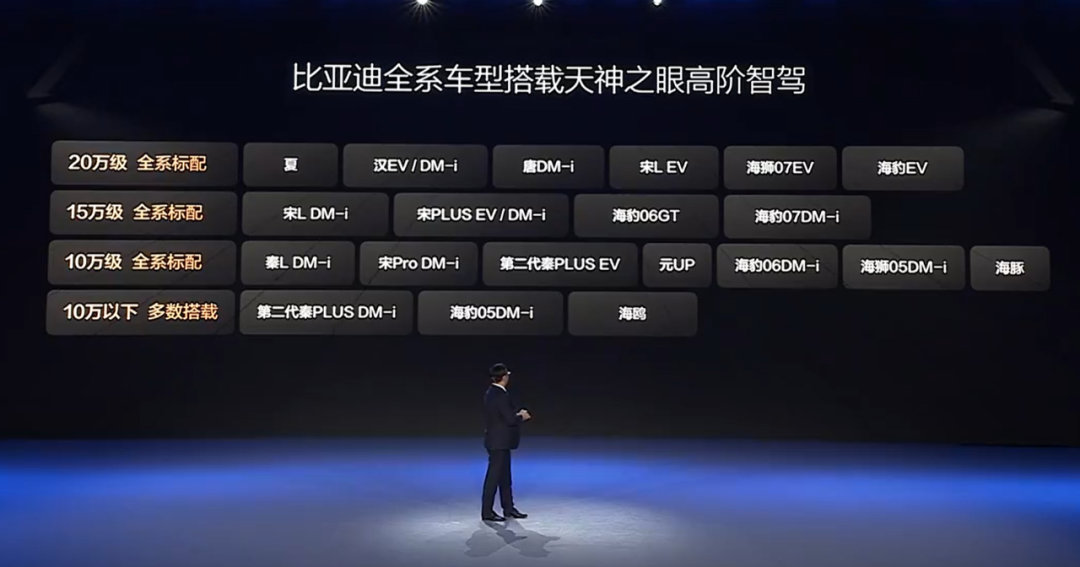
Driven by BYD, multiple automakers have committed to a comprehensive intelligence layout. Geely Automobile led the way by releasing its latest intelligent driving system, "Qian Li Hao Han," with five versions: H1, H3, H5, H7, and H9.
Chery also announced an intelligent strategy conference for March, promising an intense technological competition.
Competition within the automotive technology industry knows no bounds, and the spotlight in 2025 undoubtedly falls on intelligent driving.
02
Horizon Robotics Supports the Popularization of Advanced Intelligent Driving
Previously, there were two main camps for mass-produced advanced intelligent driving solutions: automakers developing their solutions based on NVIDIA's ecosystem, represented by NIO, Xpeng, and Li Auto, and those relying on Huawei's capabilities, represented by Avita and AITO.
With the advent of universal intelligent driving, mid-to-high-end solutions powered by Horizon Robotics' Journey 6 series computing platform have emerged as the third mainstream option.
At BYD's intelligent driving conference, three solutions were unveiled: Tian Shen Zhi Yan A (DiPilot 600), Tian Shen Zhi Yan B (DiPilot 300), and Tian Shen Zhi Yan C (DiPilot 100). Among them, the Tian Shen Zhi Yan C is supported by Horizon Robotics' Journey 6 series, with the Journey 6M being the first to be mass-produced.
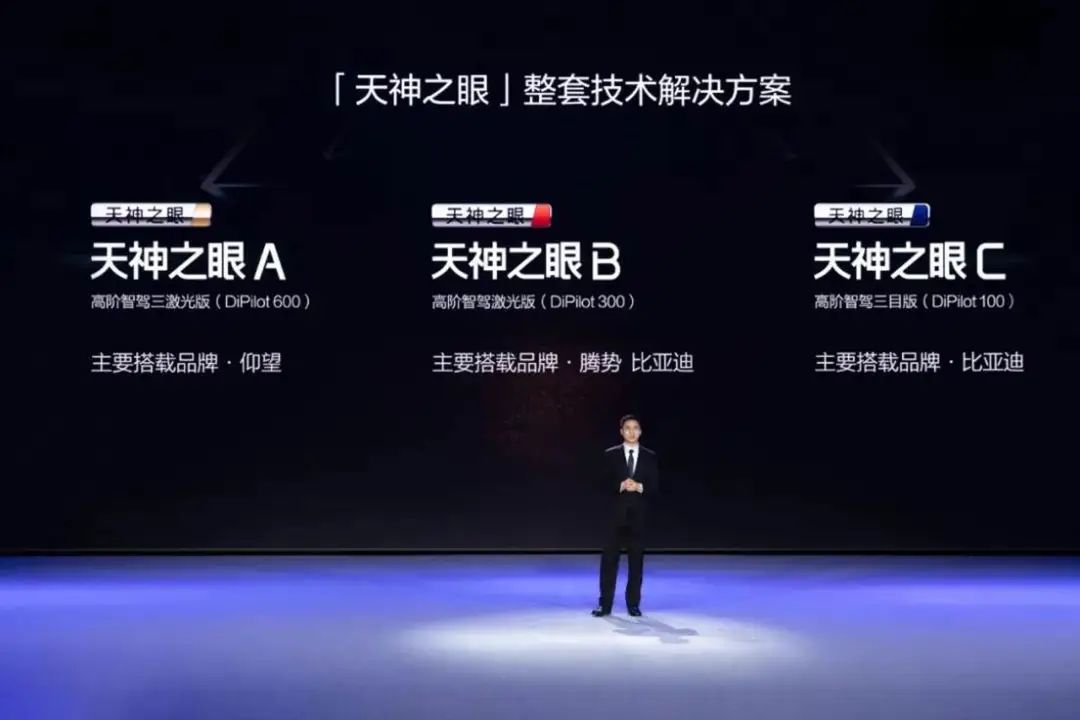
The Journey 6M will also feature in Li Auto's "Intelligent Driving Renewed Edition" models of the Li One series and Li MEGA. According to Li Auto's Vice President, Liu Jie, AD Max will upgrade from NVIDIA's dual Orin-X chips to a single Thor-U chip, and AD Pro will upgrade from the Journey 5 to the Journey 6M.
In Geely's Qian Li Hao Han system, the mid-tier H3 solution features 11V3R perception hardware, speculated to be powered by the Journey 6M. Similarly, Deepal Blue's newly released DEEPAL AD Pro system adopts Horizon Robotics' solution.
The Journey 6M boasts 128 TOPS of computing power per chip, supports LiDAR, and enables lightweight city NOA functions.
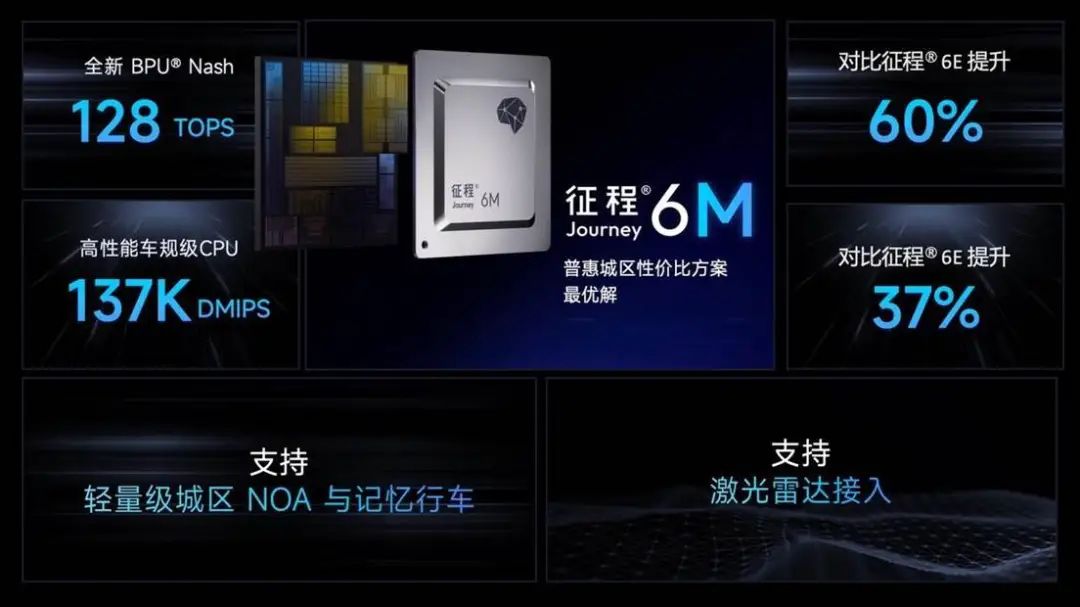
Taking BYD's Tian Shen Zhi Yan C as an example, the system offers high-speed autopilot, following navigation paths for tasks like ramp entry/exit, lane keeping, cruise driving, autonomous lane changing, and obstacle avoidance/bypassing. BYD also stated that subsequent OTA upgrades will enable urban route memory autopilot.
Intelligent driving supplier QCraft also launched a Journey 6M-based lightweight city NOA solution, providing affordable city intelligent driving experiences without relying on high-precision maps.
Targeted at the mid-tier market, the Journey 6M is optimal for affordable city intelligent driving. The Journey 6 series also includes Journey 6B, 6L, 6E, 6H, and 6P, flexibly configured for various intelligent driving scenarios.
Reportedly, starting from 2025, the Journey 6 series will enable the launch of over 100 mid-to-high-end intelligent driving models.
03
Intelligent Driving Wave Benefits the Entire Supply Chain
The rapid mass production and deployment of the Horizon Robotics Journey 6 system, supporting the "universal intelligent driving" revolution, are primarily driven by two core advantages:
Firstly, Horizon Robotics has grown alongside China's intelligent driving industry. Its collaboration with Li Auto is a win-win case. In 2021, the Journey 3 achieved global first mass production on the Li One. In 2022, the Journey 5 debuted on the Li L8 Pro, marking the large-scale mass production of domestic high-computing power intelligent driving solutions.
Based on our test drive experience, the Li L8 Pro's performance under high-speed NOA was on par with the Li L8 Max equipped with NVIDIA's Orin. This upgrade also made Li Auto one of the first automakers to announce the integration of the Journey 6M.
During their collaboration, both parties created an innovative paradigm of efficient openness and capability co-construction, significantly shortening the verification cycle and achieving high development and delivery efficiency through resource and tool sharing and open collaboration.
It took only 8 months for the Journey 3 to be deployed on the Li One, and the Journey 5 in the Li AD Pro project was delivered in just 7 months, setting a new record for intelligent driving solution mass production and delivery speed.
Leading automakers like BYD, Geely, and Chery also have deep cooperation with Horizon Robotics. With the 2025 intelligent driving wave, Horizon Robotics, holding orders from multiple automakers, is poised to gain significant influence in the field. The intelligent driving wave will undoubtedly originate from Horizon Robotics.
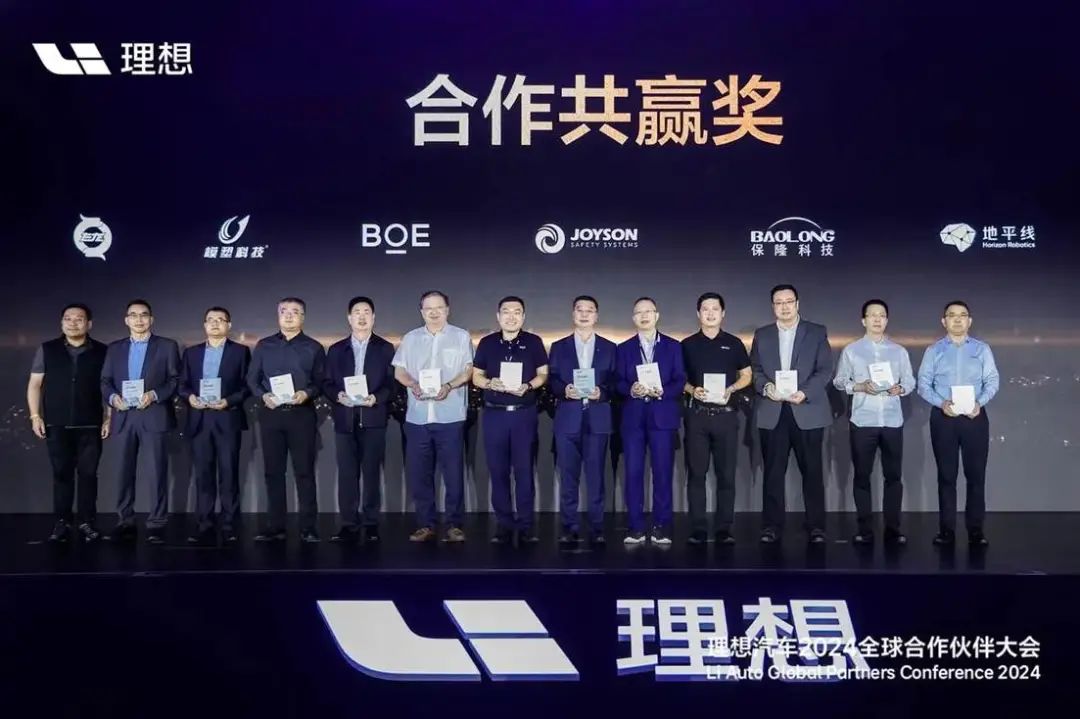
Secondly, Horizon Robotics excels in its hardware-software integration approach and collaborative layout planning.
In terms of large-scale hardware mass production and deployment, Horizon Robotics is undoubtedly the domestic giant in intelligent driving computing solutions. In software algorithms, its advantage lies in specific optimizations for computing solutions, maximizing their performance. Some automakers cooperate with Horizon Robotics specifically for its perception algorithm capabilities.
Based on these advantages, Horizon Robotics' solutions have served over five million vehicle owners, accumulating valuable engineering experience—the best endorsement for its rise amidst the universal intelligent driving wave.
04
Conclusion
This wave of intelligence will inevitably propel domestic suppliers to rapid growth. For some OEMs, full-stack in-house intelligent driving R&D may not be feasible, and they may have missed the optimal window. Collaborating with suppliers to achieve full-stack control could be the fastest and most efficient path to promote intelligent driving mass production and deployment.
Ultimately, only suppliers with large-scale mass production experience and full-stack hardware-software capabilities will share the pie. Core suppliers like Horizon Robotics will be among the strongest drivers and largest beneficiaries.
Based on BYD's 2025 product plan of 5 million vehicles, over 60% of its models will come standard with advanced intelligent driving, contributing 3 million orders to the industry chain alone in 2025.
The potential is even greater: not just BYD, but 2025 will be a year of comprehensive intelligence advancement for domestic brands.
As BYD Chairman Wang Chuanfu predicted, the first half of the new energy vehicle race is electrification, and the second half is intelligence. Now, the gears of "universal intelligent driving" have begun to turn, bringing irreversible momentum to the automotive industry.







